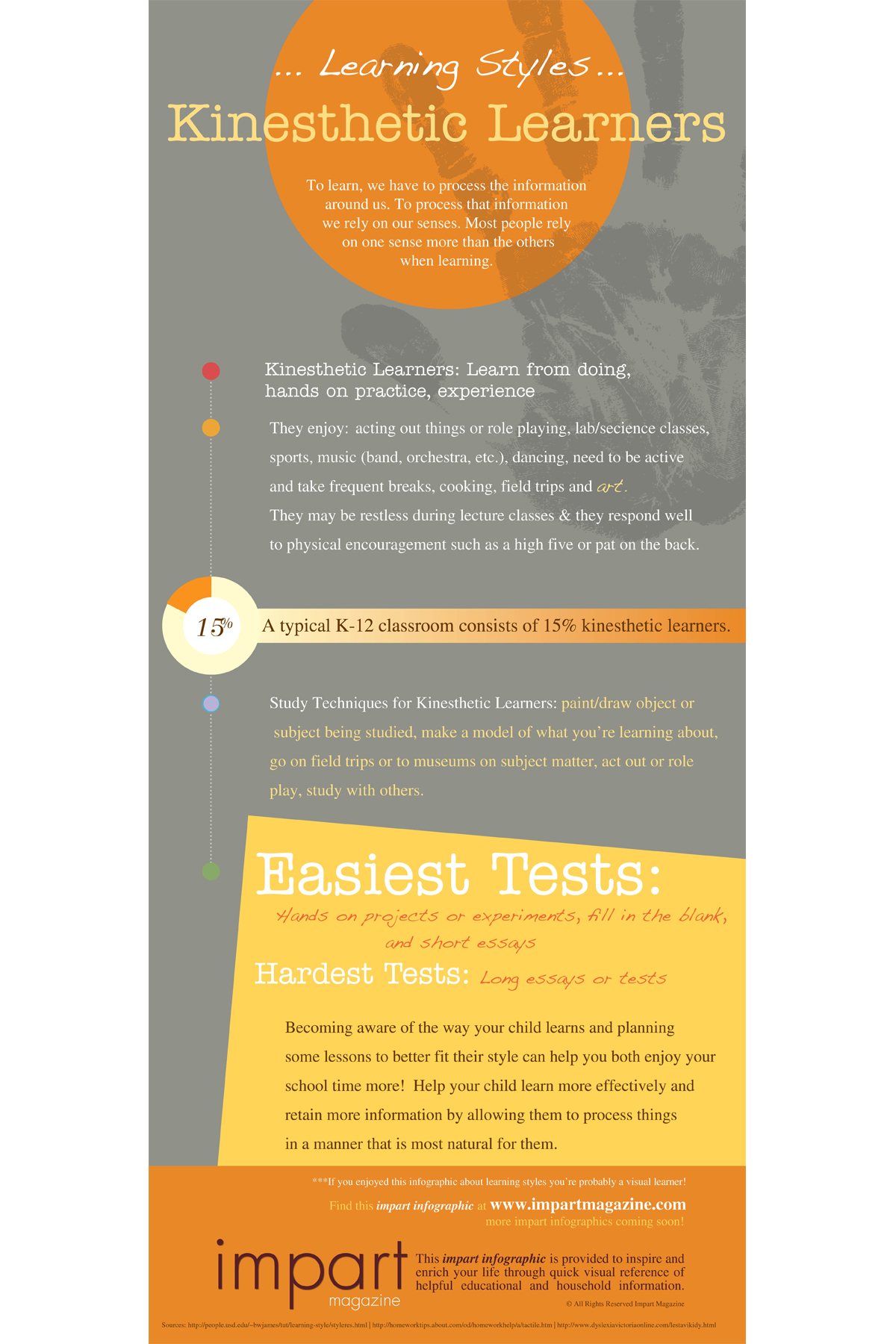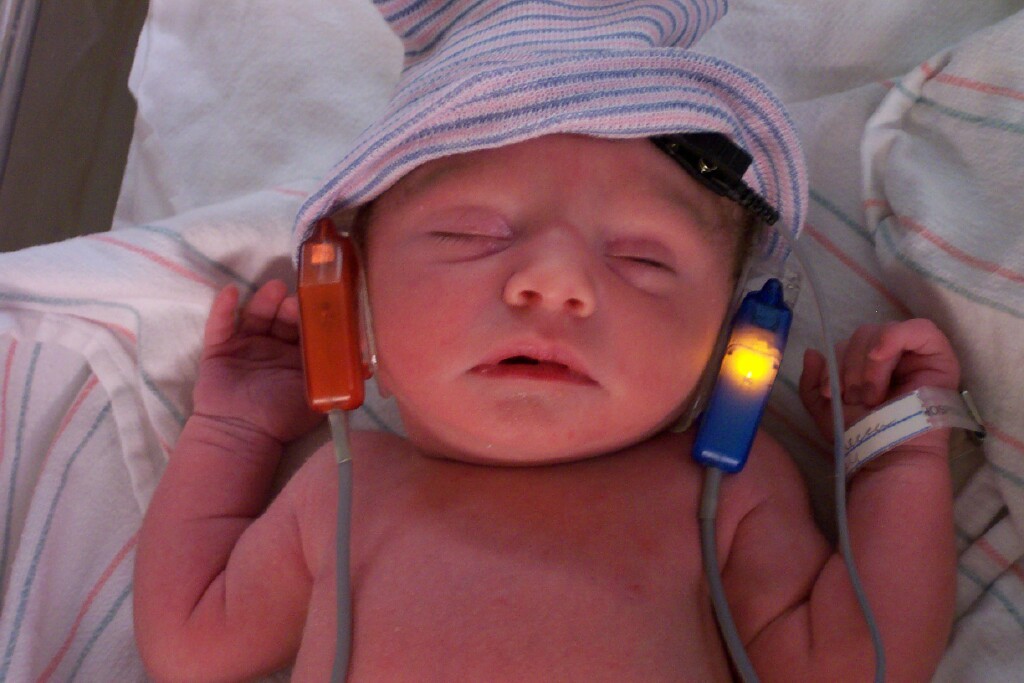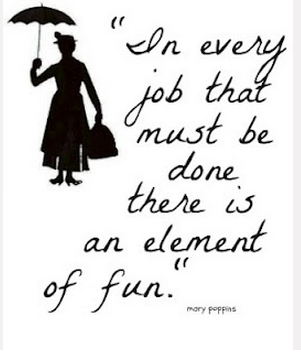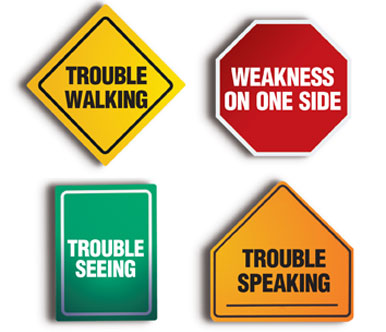Do you have a mover and a shaker in your home? A child who just can’t seem to sit still and thrives on moving? While some might jump to the conclusion that a child such as this has an attention issue, more and more parents are realizing that they have kinesthetic learners. These are kids who learn better when able to physically move. Reading and writing, two activities that are inherently related to being still, might be all the more challenging for kids who are kinesthetic learners at heart. Continue reading
Drooling and Decreased Muscle Tone
Language Development Speech Therapy Techniques Sometimes something that sounds so innocent can be a symptom of a larger issue. Drooling in infants and toddlers is often associated with teething, but can also be the sign of a larger health problem that can affect your child’s speech development.
Sometimes something that sounds so innocent can be a symptom of a larger issue. Drooling in infants and toddlers is often associated with teething, but can also be the sign of a larger health problem that can affect your child’s speech development.
Drooling and Teething – A Normal Process
When your baby begins to teethe, often around 6 months of age, you will likely see an increase in drool. There are no front lower teeth to hold back the saliva stream, and the body naturally increases saliva in a baby’s mouth to prepare for the healthy eruption of teeth. Saliva has mild antibacterial properties that help to keep your baby’s mouth healthier, and as more teeth erupt the levels of saliva can be expected to increase. Continue reading
Can Food Allergies Cause Speech Disorders?
Hearing Loss Language Development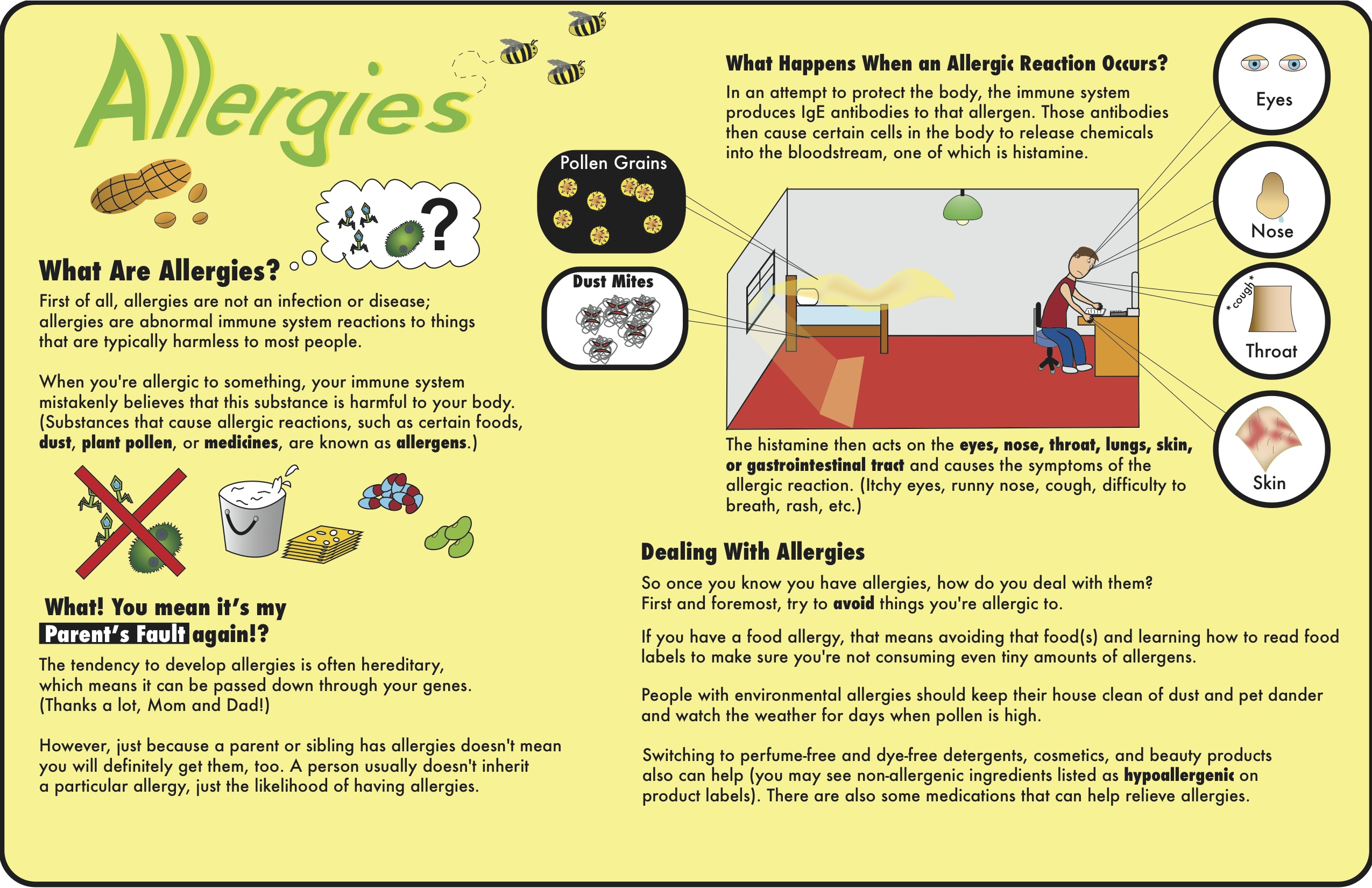
Image Courtesy of dianaparkhurst.wordpress.com
It’s not hard to imagine that seasonal allergies can impact speech when you consider the usual symptoms – runny or stuffy nose, itchy throat, sneezing, and general congestion. Food allergies, however, should not be overlooked. Have you ever considered that the food you put into your body might just be affecting the way the words come out of your mouth? Food allergies are suspected of impacting speech development almost as much as seasonal allergies do, but the connection isn’t always as obvious. Continue reading
The Connection Between Baby Bottles, Trismus, TMJ, and Speech Delays
Language Development Speech Disorders Speech TherapistThe connection between dental health and speech is strong and can be seen in anyone from infants and toddlers all the way through adulthood. While the causes of dental and oral health problems might be different, they can all result in delayed or impaired speech and communication skills. “Baby bottle mouth”, trismus, and temporomandibular disorders (TMD) can all impact a person’s ability to clearly communicate. Continue reading
What to Expect At Your Child’s Auditory Screening
Hearing Loss Language Development School Speech DisordersGone are the days when kids didn’t have hearing tests unless they were obviously struggling. Modern technology and knowledge about the auditory system have allowed healthcare professionals to develop many different ways to test children’s hearing – even just hours after birth. Many people also advocate for hearing auditory screenings as part of a wellness check before starting school. If your child is going to have an auditory screening, rest assured that the process won’t hurt, and it could have a tremendous impact on your child’s future. Even a small level of hearing loss can dramatically affect your child’s speech and language skills. There are different tests available for different ages of children, and different screening methods depending upon any symptoms or concerns you or your child’s teacher might have. Continue reading
Expand Your Child’s Reading List this Summer
Language Development SchoolSchool’s out for summer, but that doesn’t mean the books have to collect dust on the shelves. For kids with communication delays, this can actually be the best time of year to focus on reading more and developing the skills that are critical not only for literacy, but for oral communication. Reading proficiency is closely tied with the spoken language, so when you work on one aspect, you are able to reinforce the other. Don’t forget to add to your own reading list, too, because research shows that kids who live in households where the adults are reading are more likely to become literate as well. Continue reading
Choosing Toys that Build Communication Skills
Language Development Speech Disorders Speech Therapy TechniquesAt the heart of learning for children you can often find play. Learning to communicate is no exception, and there are toys and techniques that can be used to help build language and speaking skills in children. The toy box can be transformed into a learning toolbox with a few simple additions that target the difference types of learning styles best suited for your child – auditory, tactile, and more. If you’re trying to build communication skills in your child or student, try any of these 8 toys and techniques to develop language, speech, and the foundations for healthy communication. Continue reading
Kids Can Face Aphasia Caused by Hemiplegia
Language Development Speech Disorders Speech Therapist Speech Therapy TechniquesIf you’ve ever heard of aphasia, chances are you that you have associated it with a condition that affects an older population. However, as many as one in every 1,000 children are affected by childhood hemiplegia, which commonly results in aphasia for these children. Children with hemiplegia (trauma or injury occurring to one side of the brain) may show signs soon after birth, or might not be diagnosed until later in childhood. A child with aphasia might only show mild signs or may find it very hard to communicate at all. Continue reading
Say What? Voice Disorders in Kids
Language Development Speech Therapist Speech Therapy TechniquesHow Parents, SLPs, and Voice Coaches can Help by Teaching Vocal Hygiene
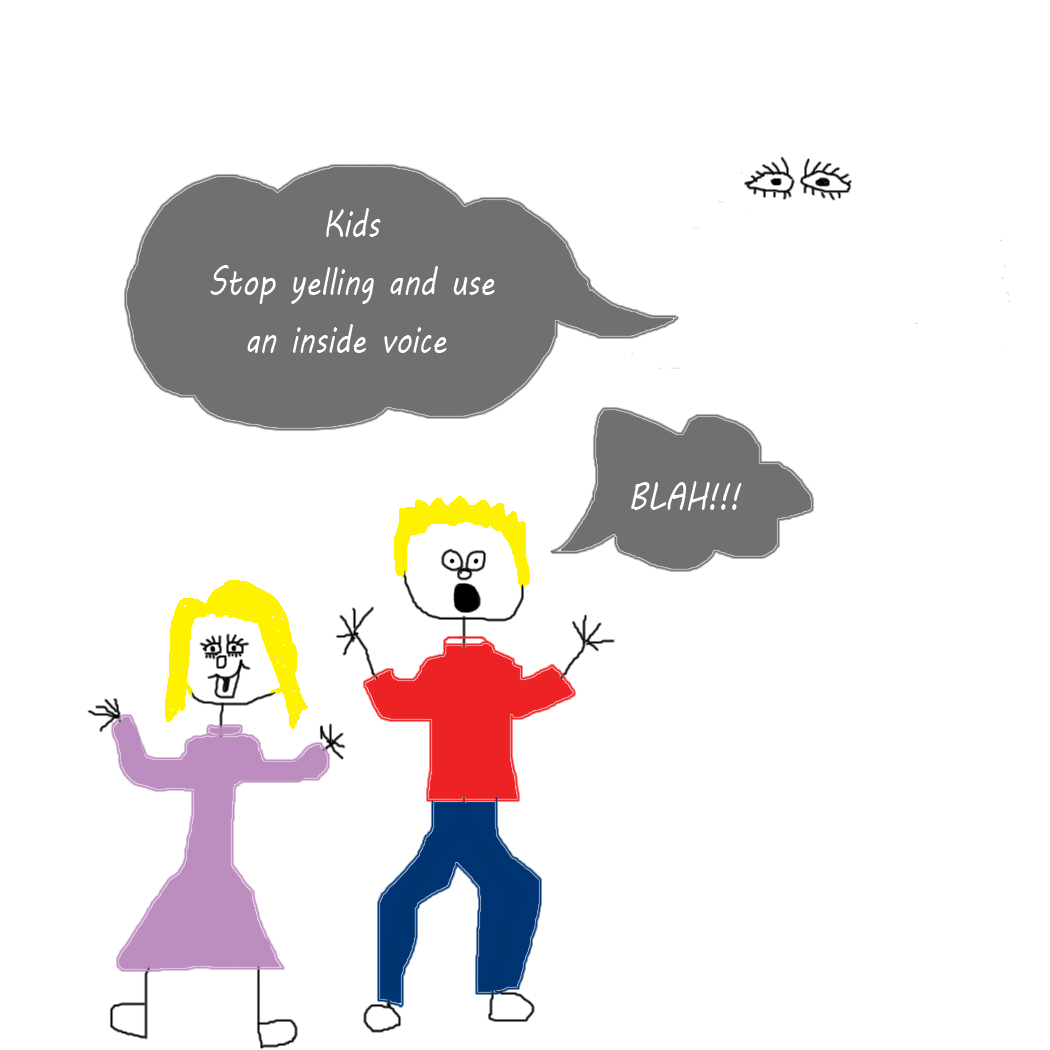
Image Courtesy of thesecondset.com
Maybe you’ve told your kids to wash behind their ears, but have you ever considered their vocal hygiene? Maybe it is time to start, especially if you’re concerned they might have a voice disorder, or dysphonia. While they are some of the rarer forms of vocal and speech problems, voice disorders affect an estimated 1 million children in the United States. Most of these children develop voice disorders due to unhealthy communication practices, such as yelling and straining the vocal cords. While vocal hygiene plays a part in many voice disorders, there are other causes that need to be evaluated by healthcare professionals.
- Laryngitis (the most common type, caused by what some might consider vocal abuse)
- Vocal cord paralysis
- Contact ulcers and sores
- Tumors on the vocal cords, voice box, and within the air passages
- Vocal fold nodules Continue reading
Avoid the Summer Brain Drain! Easy Ways to Build Your Child’s Reading Skills
Language Development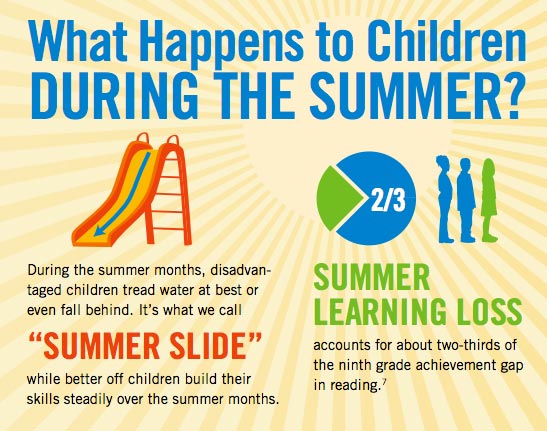
Image Courtesy of expandedschools.org
Most kids look forward to summer break with excitement and eagerness, but parents and teachers often worry about the effects of the summer brain drain – or summer slide – that can negatively affect your child’s basic academic skills. On average kids in the United States lose 2 months of math and reading skills over the summer break – which adds up to a full year during just the elementary years alone! Research also shows that kids from lower income homes are even more at risk for this summer slide as their educational resources become less available.
If your child has a speech delay or disorder, or any other type of challenge that makes learning more – challenging, this summer slide can be a real drain on the brain. Maybe your school doesn’t offer summer speech therapy, or your child is already a reluctant reader. There are ways to help. Try some of these fun and easy ways to build your child’s readings skills during the summer and avoid the summer slide (unless you’re headed to the park).
7 Ways to Build Your Child’s Reading Skills
1. Make a field trip out of your child’s summer reading interests. Maybe your son can’t wait to head to the local amusement park, so get him even more excited by encouraging him to read about the 10 highest roller coasters on Earth! If your daughter loves to go for bike rides, encourage her to read about local trails and pick a new one to try each week. Reading maps is a legitimate reading skill that has practical implications for the future. Continue reading

